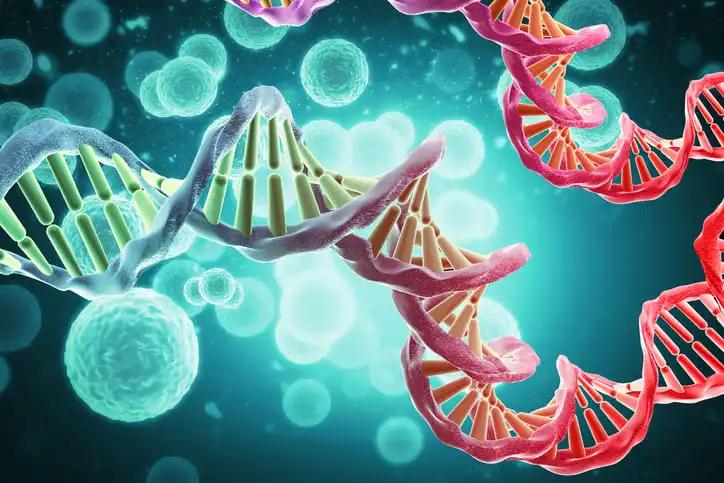KEY TAKEAWAYS
- The phase I/II trials aimed to evaluate the efficacy of MCLA-129 as monotherapy in RM HNSCC patients.
- The primary endpoint was investigator-assessed ORR.
- MCLA-129 monotherapy exhibited antitumor activity with manageable safety in pretreated RM HNSCC patients.
Aberrant epidermal growth factor receptor(EGFR) and hepatocyte growth factor receptor (c-MET) activity contributes to cancer, including head and neck squamous cell carcinoma (HNSCC). MCLA-129, a bispecific antibody, offers a multi-faceted approach—signaling inhibition, antibody-dependent cellular phagocytosis, and cytotoxicity. The phase 1/2 trial (NCT04868877) established a well-tolerated recommended phase 2 dose (RP2D) of 1500 mg Q2W with 28-day cycles for MCLA-129.
Paolo Bossi and his team spearheaded the study that aimed to investigate the potential of MCLA-129 as a monotherapy for recurrent/metastatic (RM) HNSCC patients through an assessment of efficacy and safety.
The study enrolled RM HNSCC patients who relapsed on or were ineligible for approved therapies. Patients received MCLA-129 at 1500 mg IV every 2 weeks until disease progression or unacceptable toxicity. Tumor imaging occurred every 8 weeks. The primary endpoint was investigator-assessed overall response rate (ORR) per RECIST 1.1, evaluated in patients with measurable disease at baseline, at least 2 MCLA-129 cycles, and at least 1 post-baseline scan. Secondary endpoints included disease control rate (DCR) and safety. Planned biomarker analyses focus on baseline EGFR/c-MET expression and ctDNA mutation status.
About 18 patients were treated; median age 62.5 years (range 32-73), 83% male, and 44%/56% with ECOG PS 0/1. Primary tumor locations: nasal cavity/paranasal sinus (4 pts), oropharynx (4 pts), larynx (3 pts), other (7 pts). Median prior systemic therapy lines: 2, including anti-PD-(L)1 (78%) and platinum-based chemotherapy (89%). Median exposure duration: 8 weeks (range 2-17); 50% continuing treatment at data cutoff. Among 12 evaluable patients, 17% had unconfirmed partial responses, and DCR was 67% (95% CI 35-90%).
Most frequent adverse events (AEs) were infusion- related reactions (IRRs) (composite term) in (72%; 28% G≥3), all on C1D1, leading to discontinuation in 2 patients. Skin toxicity was common (61%; 11% G3). No interstitial lung disease cases reported in this cohort.
The results showed that the use of MCLA-129 monotherapy exhibited antitumor efficacy in patients with recurrent/metastatic HNSCC who had undergone prior treatments, demonstrating a well-tolerated safety profile. Research is sponsored by Merus N.V.
Source: https://cslide.ctimeetingtech.com/asia2023/attendee/confcal/show/session/78
Clinical Trial: https://clinicaltrials.gov/study/NCT04868877
Bossi P, Minuti G, Braña I, et al. (2023) ‘’Efficacy and safety of MCLA-129, an anti-EGFR/c-MET bispecific antibody, in head and neck squamous cell cancer (HNSCC).’’ Presented at ESMO ASIA 2023 (362P).



